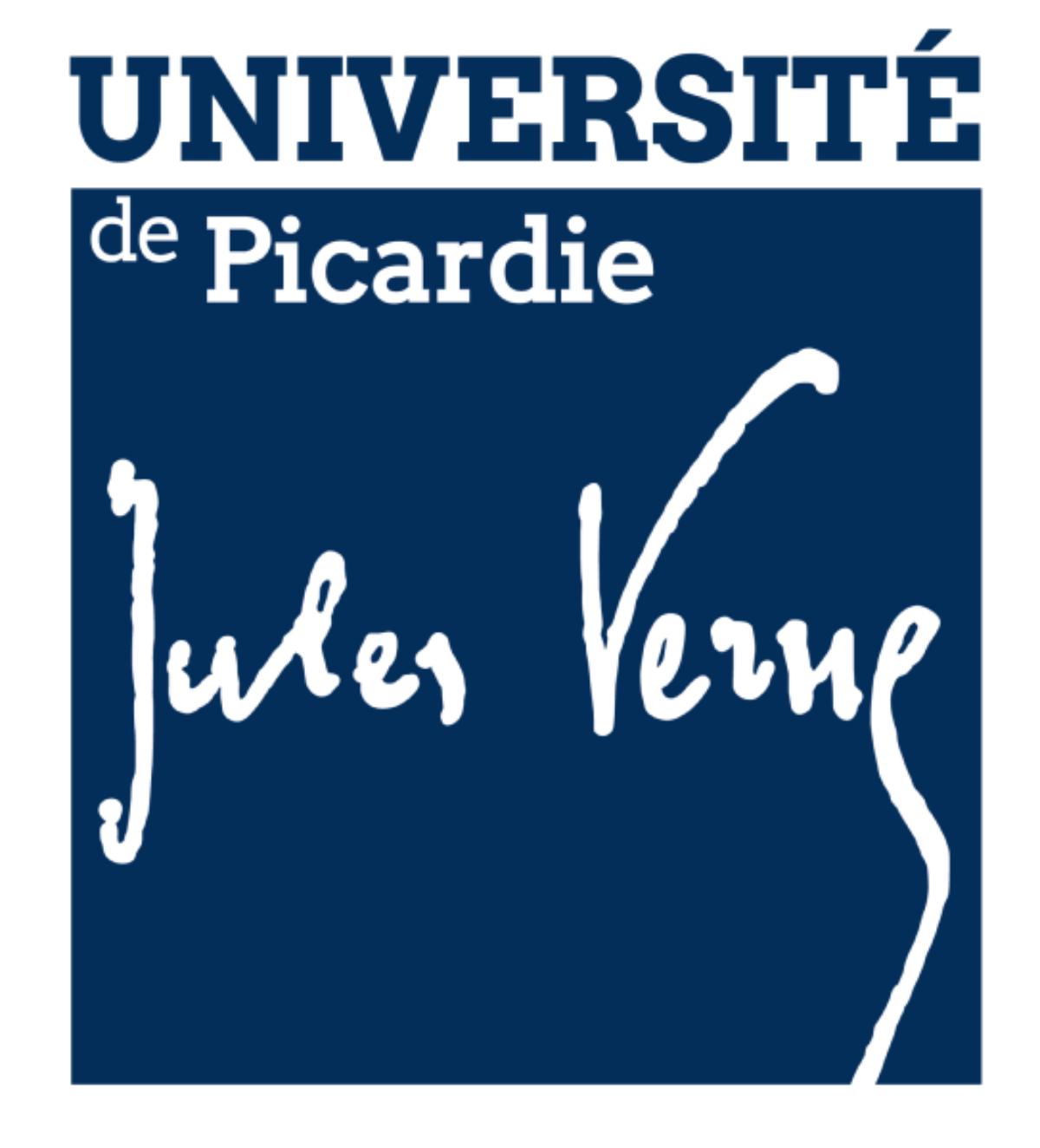AAI
The second transversal research axis in MAIA concerns the concept of societal acceptability of AI, and aims to conciliate (or reconcile) humans with algorithms. Of course, this concept can be considered from different angles that affect different facets of life in society, as e.g., the legal, ethical, sociological, and confidence aspects of the numerous uses of AI.
On the one hand, we are particularly interested in transdisciplinary legal, ethical, IT and organizational reflections on explainability (and all related notions), with the objective of contributing to legal regulations of AI algorithms. Such studies have already been initiated by N. Nevejans, which led her to be heard by the Special Committee of the European Parliament on "AI in a Digital Age", in November 2021. On the other hand, we are interested in strengthening confidence and ethics of AI. We will explore the role of trust (and the way AI can be ``trusted") in the field of Economics, notably in the context of the digitization of banking and financial uses, and in two specific domains of MAIA:
- Health. The expected benefits of using AI in healthcare are very important, but are not without raising legal and ethical questions. Faced with the problem of explainability, the role of law and ethics is central because it guarantees the confidence of all people involved (healthcare staff and patients). Indeed, physicians may fall into the trap of making decisions based on beliefs rather than real data. One scientific objective is then to understand how hospital staffs build their confidence in AI, notably through qualitative studies (this issue will be tackled with CHU Amiens-Picardie). The MAIA project will also permit to strengthen the momentum of work initiated on the subject; see e.g., ``Treaty of Law and Ethics of Civil Robotics".
- Environment. The topic of AI, environment, law and ethics is rarely addressed by researchers around the world, as the subject is complex and multi-faceted. Our objective is to contribute to the establishment of a green and blue AI (work initiated within the AI chair of N. Nevejans). MAIA should permit fruitful transdisciplinary exchanges between Humanities and Environment scientists.
In MAIA, we will also mobilize a systemic approach from three perspectives (psychological, sociological and ergonomic) with the goal of {\bf limiting the psycho-social risks induced by AI systems}. Among the proven risks of AI are those coming from biased data that are introduced most often unconsciously. On a theoretical level, we will be interested in the factors at the origin of these biases, and the potentially discriminatory impact of AI algorithms. More generally, several actions, such as surveys, will be carried out by MAIA sociology researchers with users and professionals (with a great opportunity to involve students and teachers). For example, we are interested in using psycho-social interventions in order to strengthen the social bonds of young adults and contribute to their mental health. ML can help us in the diagnosis of the young people concerned, the development and the personalization of interventions. However, we will definitely need to study how to provide guarantees of use so as to make this approach acceptable.





